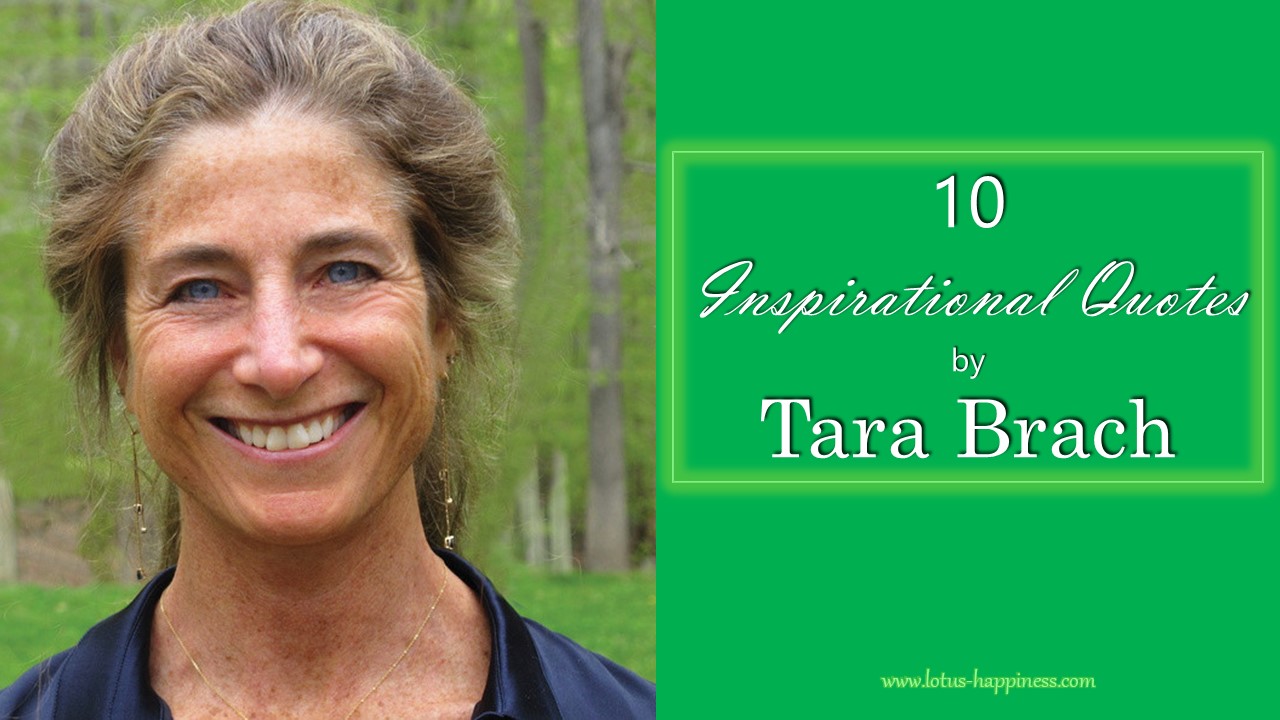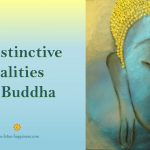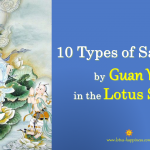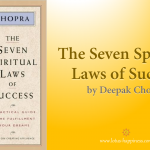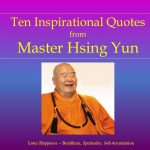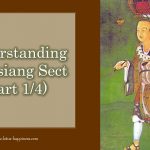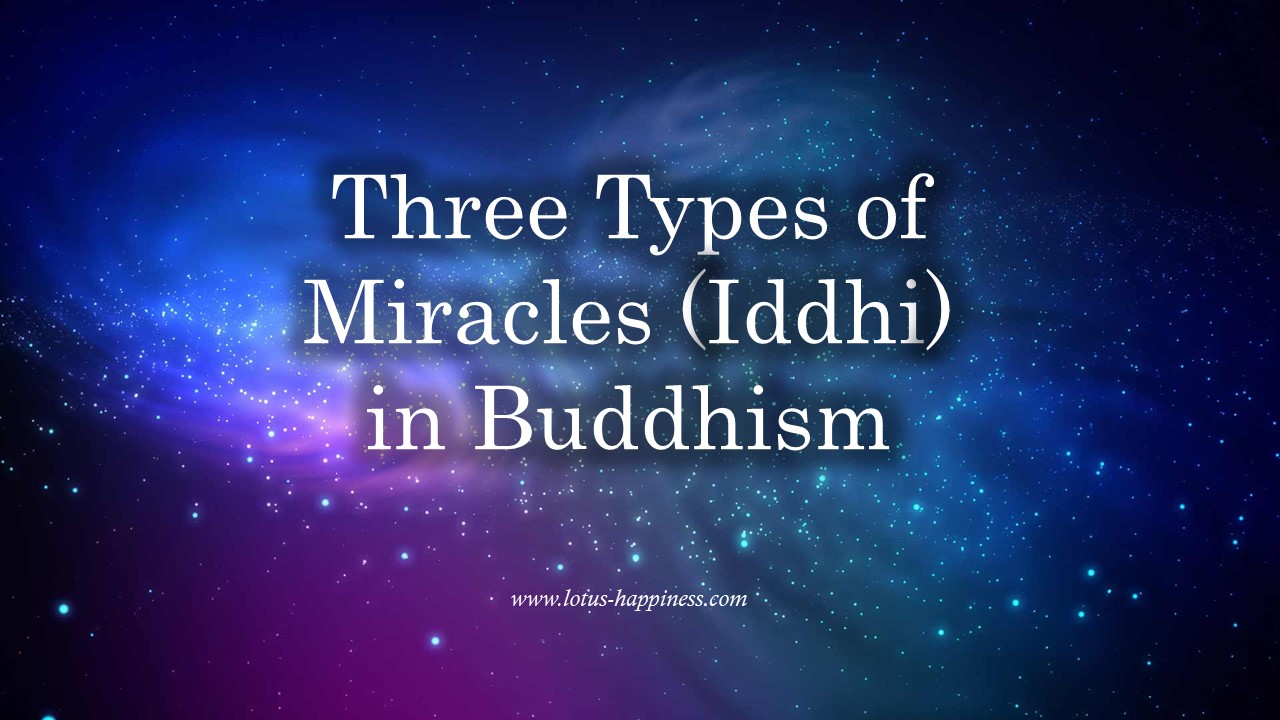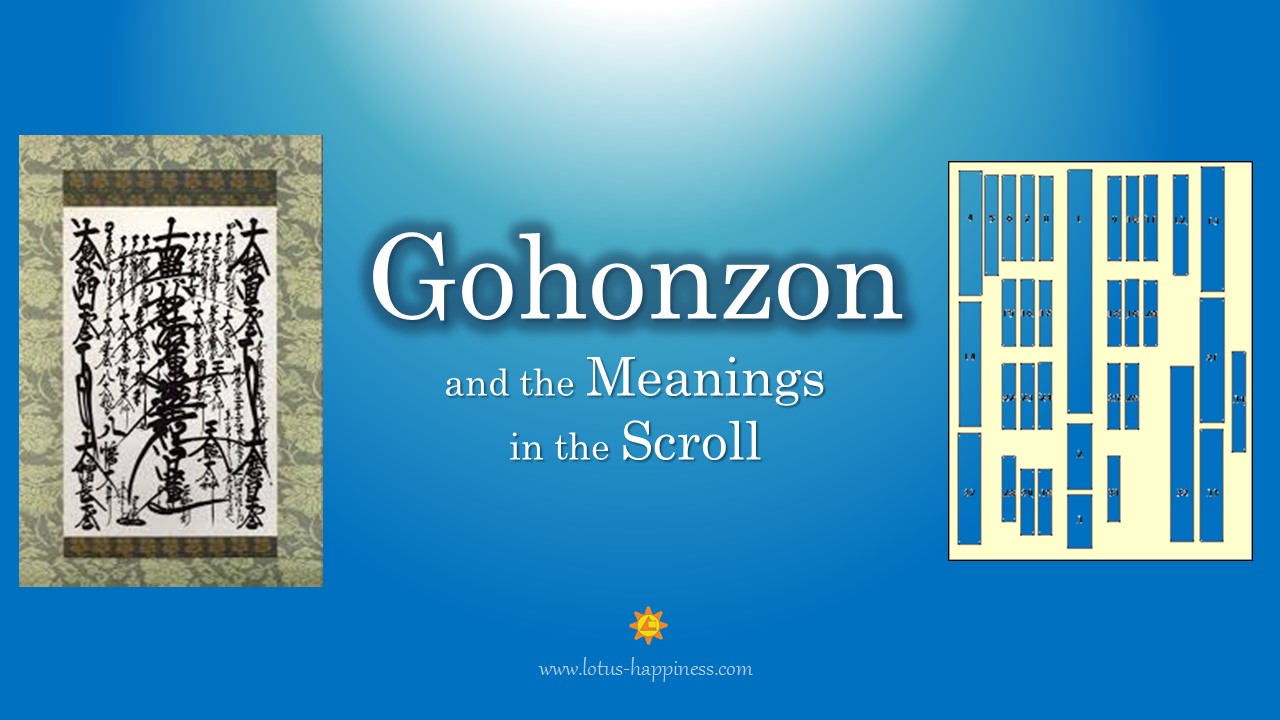10 Inspirational Quotes by Tara Brach
Tara Brach is an American psychologist and Buddhist meditation teacher. She teaches Vipassana meditation in Insight Meditation Community of Washington, D.C. (IMCW), Spirit Rock Meditation Center in Woodacre, California, the Kripalu Center, and the Omega Institute for Holistic Studies. Jack Kornfield, Sharon Salzberg, Joseph Goldstein and others are her colleagues.
She received a doctorate in clinical psychology from Fielding Graduate University based on her dissertation analyzing the effectiveness of meditation in the healing of eating disorders. As a psychologist, Brach focuses on applying Buddhist teachings to emotional healing.
Her book, Radical Acceptance: Embracing Your Life With the Heart of a Buddha (2003), focuses on the use of mindfulness for healing trauma. Her second book, True Refuge: Finding Peace and Freedom in Your Own Awakened Heart (2013), offers practices for tapping into inner peace and wisdom in the midst of difficulty.
Here are the 10 inspirational quotes from Tara Brach extracted from Radical Acceptance: Embracing Your Life With the Heart of a Buddha:
#1
“Imperfection is not our personal problem – it is a natural part of existing.”
#2
“The boundary to what we can accept is the boundary to our freedom.”
#3
“Pain is not wrong. Reacting to pain as wrong initiates the trance of unworthiness. The moment we believe something is wrong, our world shrinks and we lose ourselves in the effort to combat the pain.”
#4
“The emotion of fear often works overtime. Even when there is no immediate threat, our body may remain tight and on guard, our mind narrowed to focus on what might go wrong. When this happens, fear is no longer functioning to secure our survival. We are caught in the trance of fear and our moment-to-moment experience becomes bound in reactivity. We spend our time and energy defending our life rather than living it fully.”
#5
“After several days, I had a pivotal interview with my teacher. When I described how I’d become so overwhelmed, she calmly asked, “How are you relating to the presence of desire?” I was startled into understanding. Her question pointed me back to the essence of mindfulness practice: It doesn’t matter what is happening. What matters is how we are relating to our experience. For me, desire had become the enemy, and I was losing the battle. She advised me to stop fighting my experience and instead investigate the nature of my wanting mind. Desire was just another passing phenomenon, she reminded me. It was attachment or aversion to it that was the problem.”
#6
“The renowned seventh-century Zen master Seng-tsan taught that true freedom is being “without anxiety about imperfection.”
#7
“As a friend of mine put it, “Feeling that something is wrong with me is the invisible and toxic gas I am always breathing.” When we experience our lives through this lens of personal insufficiency, we are imprisoned in what I call the trance of unworthiness. Trapped in this trance, we are unable to perceive the truth of who we really are.”
#8
“Observing desire without acting on it enlarges our freedom to choose how we live.”
#9
“On this sacred path of Radical Acceptance, rather than striving for perfection, we discover how to love ourselves into wholeness.”
#10
“The only way to live is by accepting each minute as an unrepeatable miracle.”

